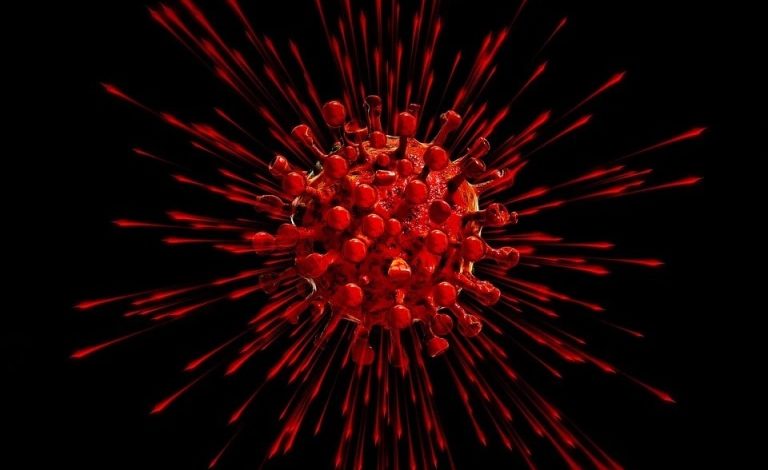Can the current COVID-19 vaccines provide herd immunity?

There is a need to disassociate the term herd immunity from vaccination in the COVID context and try and vaccinate everyone, who is vulnerable to severe COVID to protect them. An insight by Dr Anand Lakshman, Public Health Physician, Founder & CEO, AddressHealth
Most health pundits have been talking of COVID vaccine coverage to be ramped up to provide herd immunity without understanding the concept and what its implications are. It’s a difficult concept to explain to the layman, but let me try.
Herd immunity is the minimum percentage of the population who, when immune, provide protection to the rest of the population, who are not immune. In the case of the vaccine, it would mean that vaccinating a certain proportion of the population (say 70 per cent), would end up protecting the rest (i.e. 30 per cent) and hence they do not need to be vaccinated.
Well, this depends on the dynamics of transmission, the susceptibility of the population due to natural immunity or vaccine immunity and characteristics of the infective agent ( variants etc) and all this boils down to a concept called R, which is the Reproduction number. R to put it simply is how many people on average, can an infected person transmit the virus to.
The number of people to whom the one infected person can transmit varies, based on the number of people who can block the infection from being transmitted as they have immunity either through infection or through vaccination if vaccination indeed prevented transmission.
Some of the other factors that affect the Reproduction number are non-pharmacological interventions being practised and the population dynamics (such as movement of people, population density, the age structure of the population, innate immunity etc). There is also an individual variation, which accounts for some being ‘super spreaders’ while others do not seem to transmit the infection (this is accounted for using a term called dispersion).
The current variants of the SARS-COV-2 are highly infective and are seen to be infecting entire families as opposed to the first wave, when many within the same family escaped without an infection, with early isolation, masking etc. The Estimated Reproduction number for the current variants are between 3-4, which by corollary translates into 66 per cent -75 per cent of the population needs to be immune to provide population immunity to the 33 per cent – 25 per cent who aren’t infected yet.
The vaccines that are available in India so far haven’t presented data on the prevention of transmission. All of them are effective in the prevention of symptomatic disease, severe disease or death. There is no talk about the prevention of transmission yet and most trials aren’t powered or designed to study this effect, at least as a primary outcome. The mRNA vaccines (Pfizer BionTech and Moderna) have presented some data to show that they can reduce asymptomatic infection as well as reduce transmission, but we do not know with what efficacy they can do so yet. The nasal vaccine from Bharat Biotech is proposed to be a game-changer, as it will promote mucosal immunity and could significantly reduce transmission, but it is yet to undergo trials.
Then there is a question of vaccine efficacy. If a given vaccine could prevent transmission to the tune of 50 per cent, then the vaccine-based herd immunity would be calculated as {(1-1/R0)/E} which would translate into 66 per cent or 75 per cent divided by 50 per cent which is greater than 100 per cent and hence not provides any theoretical protection to the unvaccinated.
Any vulnerable individual who is unprotected therefore has no benefit of herd immunity and is at risk of catching the infection. Hence, we need to disassociate the term herd immunity from vaccination in the COVID context and try and vaccinate everyone, who is vulnerable to severe COVID to protect them. Vaccination will save lives, but of those vaccinated. Let us prioritise the lives at risk and vaccinate them as quickly as we can.




